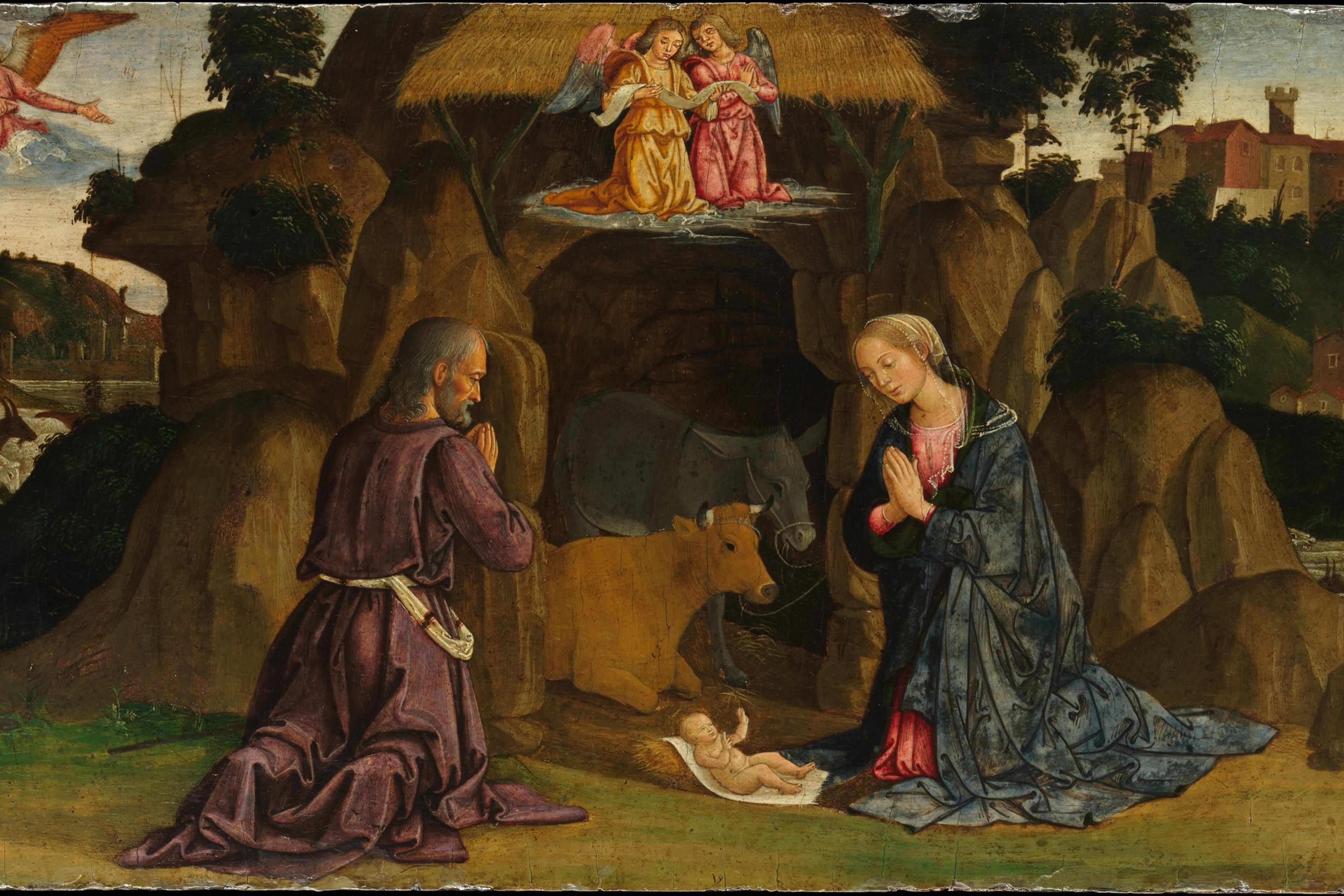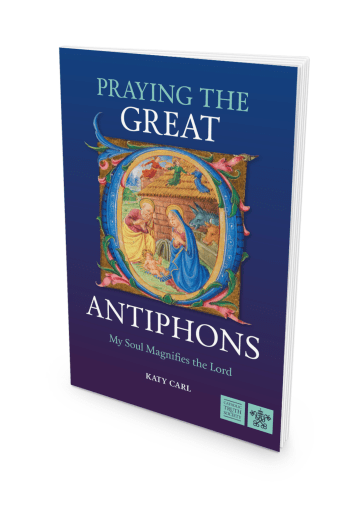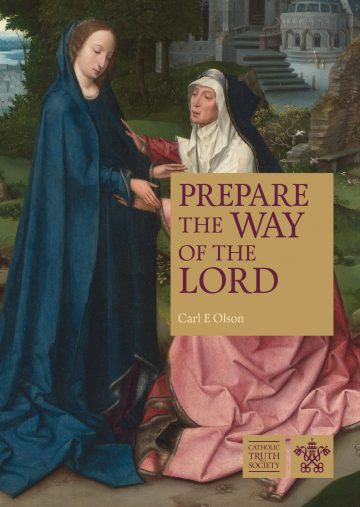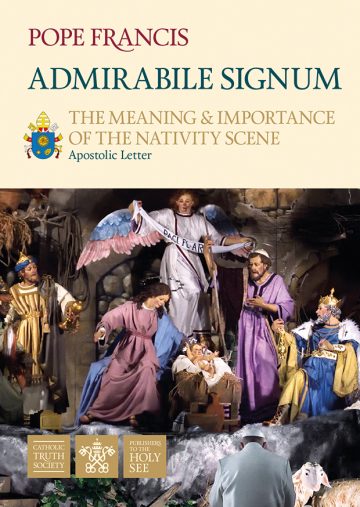“Behold, He is coming!” It is the coming of the Word of God, the Word made flesh, which we celebrate, commemorate and anticipate in the seasons of Advent and Christmas. We celebrate Him, because He is coming to us now; we commemorate Him because He came once long ago in Bethlehem; we anticipate Him because His coming will eventually be made manifest in glory.
What moods should prevail, what attitude should we take before that Coming, past, present and yet to come? We are glad and grateful when we think of the past, determined to reform our lives and be truly loving when we receive Him really present, reverent and even fearful in the face of the future. The liturgy and the traditional activities of this season reflect all these moods, intertwined and interactive, so that at the same time we can be penitent and joyful, awe-struck and confident, remorseful and ebullient.
Christmas past
When we reflect on Christmas past, we remember the actual historical events of the birth of Our Saviour. It was in a particular place, which some of us have visited, at a particular date, which we can calculate to within a year or so, that a particular woman, a fellow human creature, to whom we are all related, however distantly, gave birth to the Son of God. We read and re-read the ancient story, in St Matthew (1:18-2:23) and St Luke (1:5-2:52), and we ponder on the glorious meditation which St John (1:1-18) wrote on the meaning of what happened: God and Man are united, the creator and the creature made one. Nothing more important has ever happened or could happen. We are not on our own, trying to swim through the universe unaided: for God is with us, He is on our side; He shares our life so that we can share His. For that reason we rejoice, and express our joy in festivity and jollity.
Christmas present
When we reflect on Christmas present, we realise that this Christ who came long ago is with us now, truly present in the Sacrament of the Altar. At every moment of the day or night, somewhere in the world the Mass is being celebrated, and He comes again. In the Tabernacle He resides as the living heart of the parish. As we receive Him in Holy Communion we become, each of us, members of His Body, so that the Church throughout the world becomes “one body, one spirit in Christ”. The Eucharist is formed by the Church; the Church is formed by the Eucharist, so that Christ comes to us in each other, in the Church as a whole, precisely because in the Sacrament He comes into our innermost being, giving life and love. And so we express this in our mutual charity, to love one another as He loves us. To celebrate that presence we give presents to each other, gifts to those we know and love, to those we have failed to love enough, to those we do not know but are desperately in need of our love.
Judgment yet to come
When we reflect on Christmas yet to come, we cannot fail to be anxious and fearful, no matter how joyful and confident we are of His love, when we remember that at some date, maybe soon, maybe in millions of years’ time, human history will be wound up, and a reckoning made of all that we have done, all that we have failed to do. “For if you should mark our iniquities, Lord who could endure it?” (Ps 129:3) What terrible things we poor human creatures have done to each other, to the world God gave us, to the other creatures He made for our amusement! When the books are opened, and Our Lord comes as judge, how can any of us dare to claim any rights against Him? The judgment He makes is just, for it depends entirely on how we have fulfilled His commandment to love one another, as He loves us (Mt 25:1-46). But His judgment is loving and merciful, for all who acknowledge their guilt and fly to Him for forgiveness will surely be welcomed. That is why part of our Advent must be examination of conscience, confession and absolution; and a mood of penitence and self-denial that befits our realisation that we have failed to live in love in His presence.
In the tradition of the Church the actual season of Advent was a time of penance, when with drab vestments the liturgy reflected on our need for God’s healing love; a time for confession and for simple living, cutting down on our excess of food and drink and entertainment to make space in our lives for the love of God and neighbour. It lasts, at the very most, twenty-eight days: it is followed by forty days of rejoicing! For twelve days, until the great and significant feast of Epiphany on 6th January, the Church went wild with joy, an unbroken time of gladness and charity; then until Candlemas the celebration continued, though on a more reasonable scale, as daily work began again, and the normal rhythm of life was restored to some extent. All that seems to have been swept away under the pressures of conformity to the secular world around us, but we should understand what these seasons once were: penance followed by rejoicing, and, as always, the Church offers us a season of rejoicing which is much longer than that of penitence!



